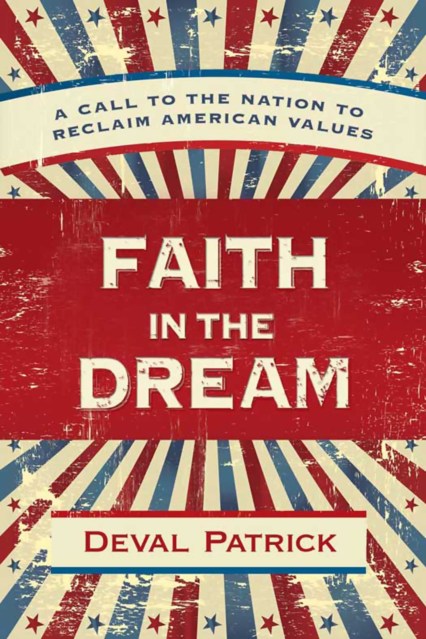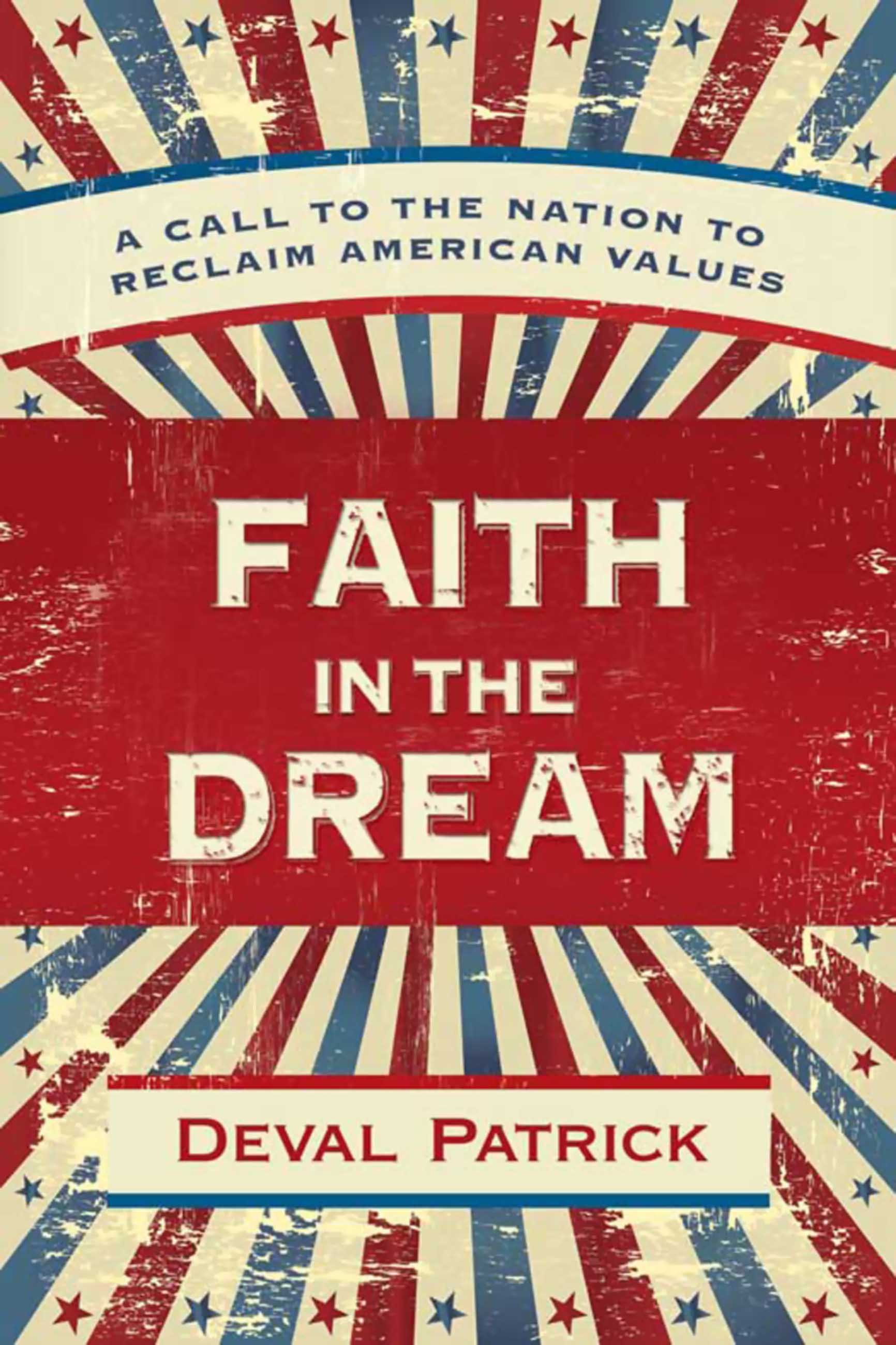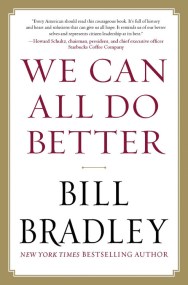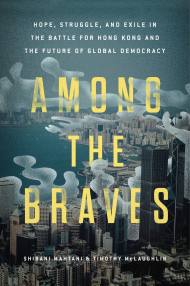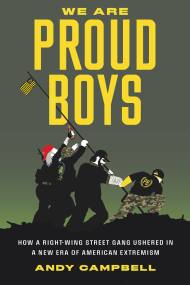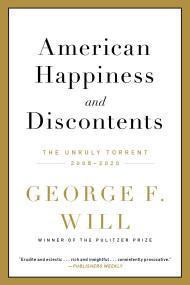Promotion
Use code MOM24 for 20% off site wide + free shipping over $45
Faith in the Dream
A Call to the Nation to Reclaim American Values
Contributors
Formats and Prices
Price
$1.99Price
$2.99 CADFormat
Format:
ebook (Digital original) $1.99 $2.99 CADThis item is a preorder. Your payment method will be charged immediately, and the product is expected to ship on or around May 8, 2012. This date is subject to change due to shipping delays beyond our control.
Also available from:
Genre:
- On Sale
- May 8, 2012
- Page Count
- 38 pages
- Publisher
- Hachette Books
- ISBN-13
- 9781401304638
Newsletter Signup
By clicking ‘Sign Up,’ I acknowledge that I have read and agree to Hachette Book Group’s Privacy Policy and Terms of Use
